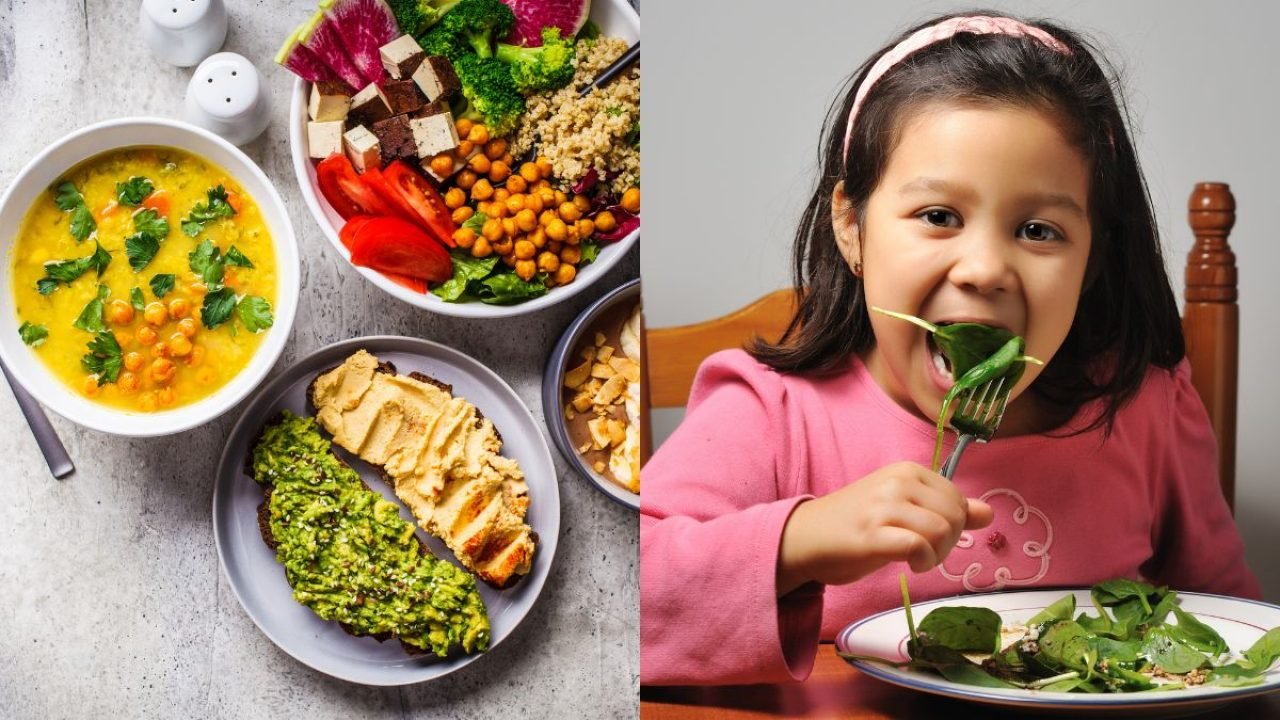Important Facts About Veganism in Childhood
With plant-based living becoming more mainstream, many parents are considering veganism for their children. But how safe and beneficial is a vegan lifestyle during a child’s formative years? While veganism in childhood can offer a number of advantages, it also requires careful planning to avoid deficiencies and support healthy growth.
According to surveys, a growing number of families are turning to plant-based diets. In the UK, around 3% of people follow a vegan diet, while in the US, 1% of the population identifies as vegan. As awareness grows, understanding how veganism affects children is more important than ever.
1. Key Health Benefits of Veganism in Childhoo
Veganism in childhood, when managed properly, can offer impressive health benefits. Nutritional experts point out that plant-based diets are associated with:
- Lower LDL cholesterol
- Reduced risk of heart disease and stroke
- Lower risk of obesity
- Reduced inflammation and type 2 diabetes
- Decreased likelihood of certain cancers like colorectal cancer
Plants are rich in fiber, antioxidants (polyphenols), and essential vitamins. These compounds play a major role in boosting immunity and protecting long-term health.
2. Vitamin B12 Deficiency Risks in Veganism During Childhood
Despite the benefits, a major challenge in veganism in childhood is getting enough vitamin B12. This nutrient, mostly found in animal products, is essential for brain development and healthy red blood cell production. Deficiency in young children can lead to developmental delays and nerve damage.
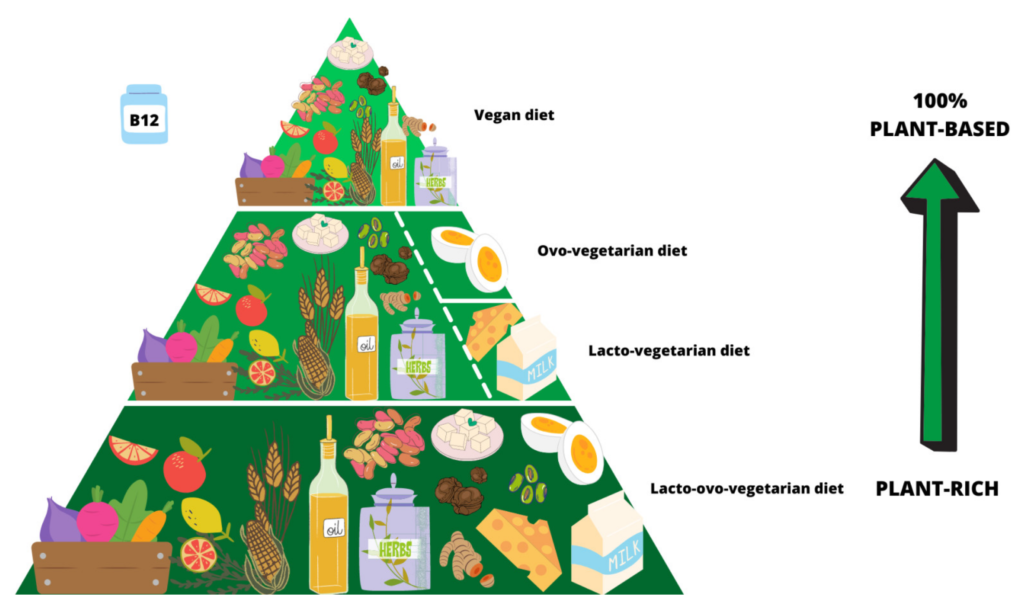
To prevent this:
- Use B12 supplements regularly
- Include fortified cereals and plant milks
- Choose yeast spreads and seaweed-based products where appropriate
3. Importance of Omega-3s in Veganism in Childhood
Omega-3 fatty acids are crucial for brain development. While fish is the best-known source, vegan options include:
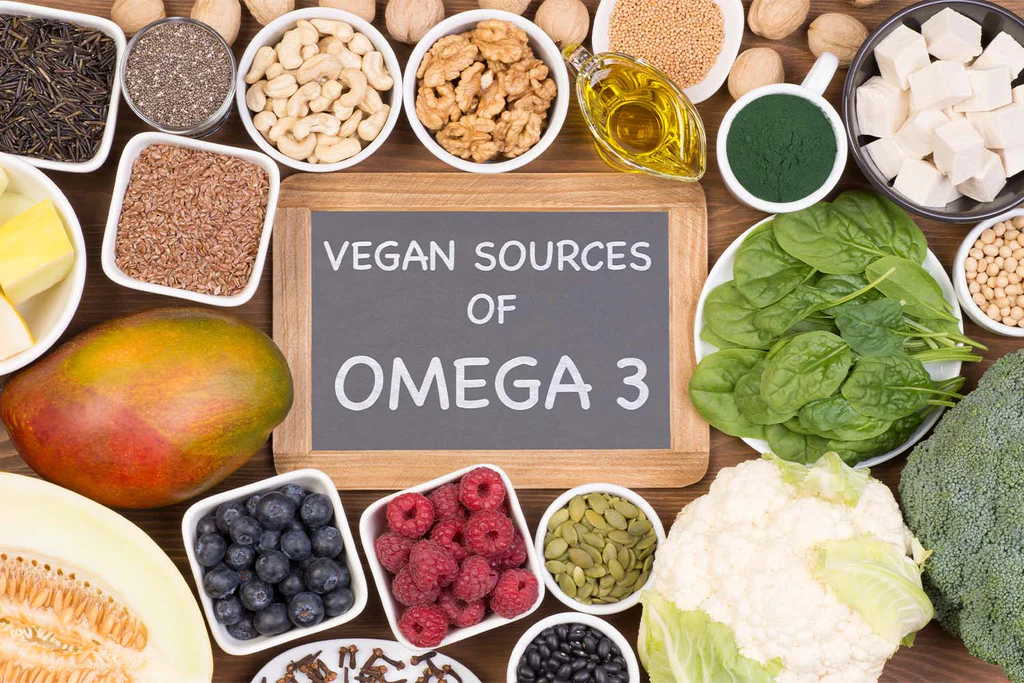
- Flaxseeds and chia seeds (ALA)
- Seaweed and algae-based supplements (EPA & DHA)
- Walnuts and leafy greens
Since ALA doesn’t fully convert to EPA or DHA, supplementation with algae oil is recommended.
4. Nutritional Deficiency Risks Linked to Veganism in Childhood

There have been rare but serious cases of children suffering from calcium, vitamin D, or iron deficiencies due to poorly planned vegan diets. Such deficiencies can lead to:
- Stunted growth
- Neurological issues
- Fragile bones
The key to avoiding these risks is regular health check-ups and nutrient tracking.
5. Plan Nutrient Intake With Care
To ensure healthy development, a balanced vegan diet must include:
- Leafy greens (iron, calcium)
- Fortified cereals and milks (B12, D, calcium)
- Citrus fruits and peppers (enhance iron absorption)
- Legumes and beans (protein, zinc)
Regular consultation with a pediatric dietitian helps identify and correct any dietary gaps.
6. Vegan Kids Might Be Slightly Shorter
Research shows that children raised on vegan diets may be 3-4 cm shorter than omnivores. While they still fall within the normal growth range, experts believe this may be due to lower intake of certain growth-supporting nutrients such as animal-based proteins.
Bone health is another concern. Lower bone mineral density in vegan children could pose risks later in life. Ensuring adequate vitamin D, calcium, and quality protein is vital.
7. Vegan Diets Can Be Safe When Done Right
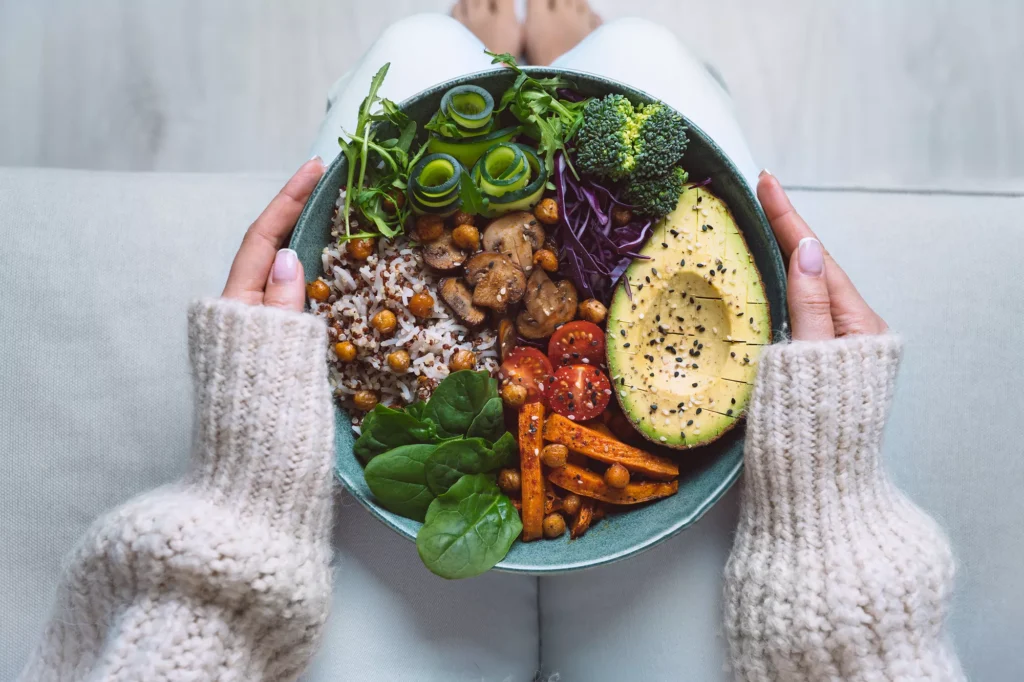
Leading dietitians and nutritionists agree: veganism in childhood is safe if responsibly planned. Key tips include:
- Monitoring nutrient levels
- Using supplements where necessary
- Avoiding unbalanced or processed vegan foods
- Consulting qualified healthcare professionals
Children’s growth should be tracked regularly to catch any delays early.
8. Fortified Foods Help Fill Nutrient Gaps
Foods fortified with essential nutrients are a vegan parent’s best friend. Look for:
- B12-fortified plant milks
- Vitamin D-enriched yogurts
- Iron-boosted cereals
Encouraging kids to play outdoors during safe sun hours also supports vitamin D synthesis.
9. Avoid Heavily Processed Vegan Foods
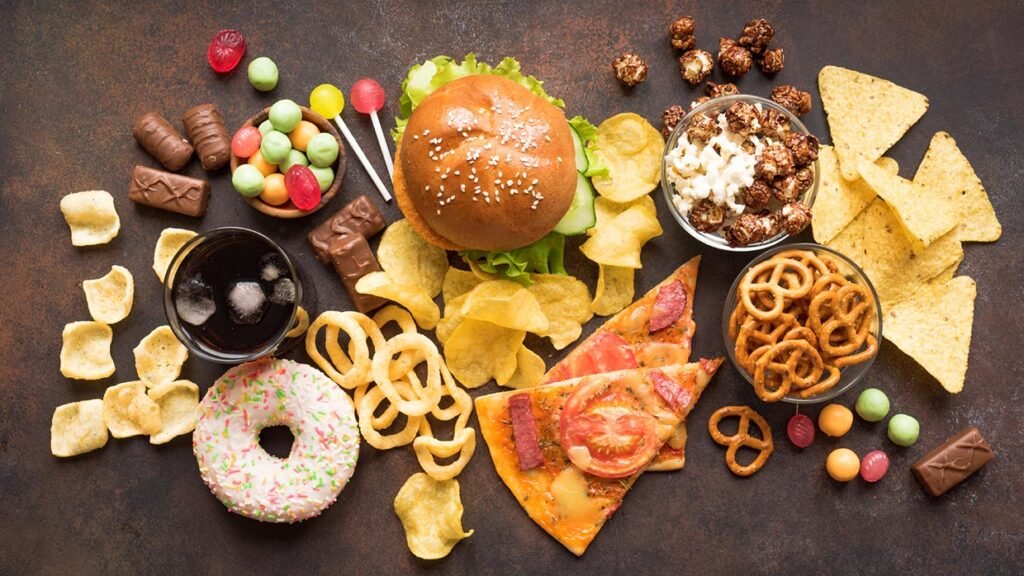
A diet rich in fruits, vegetables, legumes, nuts, and whole grains is superior to one full of vegan cookies and frozen nuggets. Processed vegan items often lack fiber and nutrients and may include excessive salt and sugar.
Healthy vegan eating is about variety, balance, and whole-food ingredients.
10. Educate Yourself and Seek Guidance
Parents must understand the nutritional needs of growing children. Essential actions include:
- Reading up on vegan nutrition
- Consulting pediatric dietitians
- Joining support groups or online forums
Veganism in childhood can succeed with thoughtful planning and informed choices.
Final Thoughts
Veganism in childhood is not inherently risky, but it demands responsibility. With mindful planning, proper supplementation, and professional guidance, children can thrive on a plant-based diet and grow up healthy, happy, and compassionate. The choice to go vegan can be both ethical and nutritionally sound—but it must be well-informed every step of the way.
